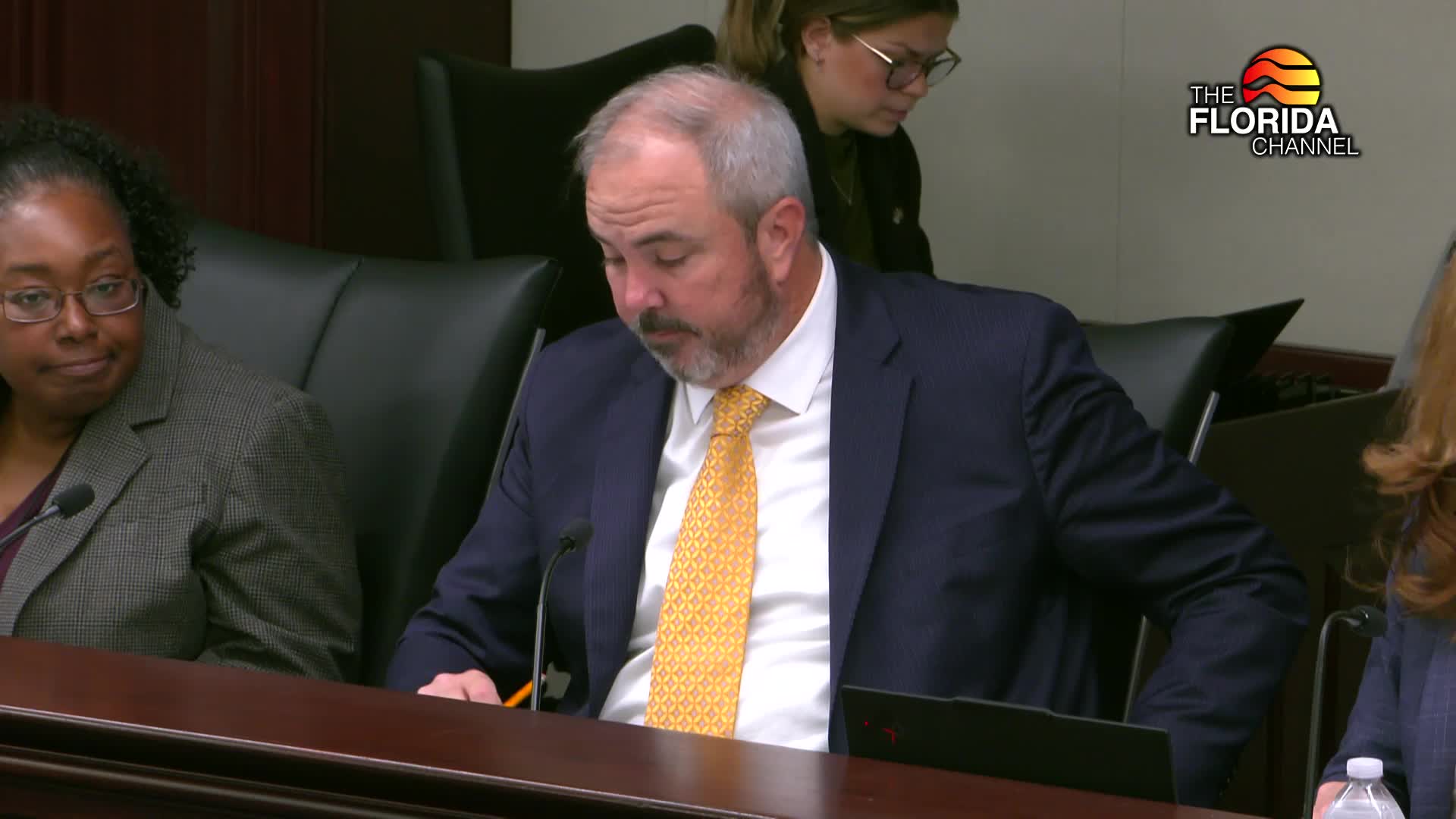Senate advances higher‑education changes after debate over 'underrepresented' language and program priorities

Summary
CS for CS for SB 1624, a broad higher-education bill, was reported favorably after debate focused on replacing references to 'minority' with 'underrepresented' and directing funds to low‑income student supports rather than teacher training.
The Senate Fiscal Policy Committee on April 2 reported favorably on CS/CS for SB 1624, a comprehensive higher-education package that includes changes to tuition policies, scholarship eligibility, workforce partnerships, and program names. Debate centered on language replacing references to "minority" with "underrepresented" and how that change would affect funding priorities and program eligibility.
Senator Javier Claudio, the bill sponsor, said the change to "underrepresented" is designed to give implementers flexibility to target funding to students who would benefit most. He explained the shift in emphasis: "I view that as the highest possible benefit and access is for low income, but there is flexibility within that term for high impact targeting and support." Senators pressed for clarity on whether "underrepresented" primarily meant low income and whether the change would align with federal FAFSA/Pell eligibility. Claudio said the programs in the bill are state measures and not necessarily aligned with federal FAFSA language; he invited further discussions about possibly changing the term to "low-income access."
Other bill provisions include creating a market-rate out-of-state fee for nonresident online students, waivers for Florida State Guard members, name changes for some programs (for example, renaming the Florida Educational Equity Act to the Florida Educational Equality Act), and expanded authority for university appointments. The bill also amended preeminence and testing language (allowing CLT test alignment) and updated opioid-antagonist definitions.
Senators asked how the shift away from teacher-preparation programs toward direct student supports would affect institutions such as Historically Black Colleges and Universities and other minority‑serving institutions with high percentages of Pell-eligible students. Claudio and other supporters said the goal is to direct funds to programs that disrupt generational poverty and improve retention and graduation rates.
After a late-filed amendment addressing private religious postsecondary institution oversight and other technical changes, senators voted to report the bill favorably. The sponsor said he is open to working with colleagues on clarifying language for underrepresented populations and alignment with federal programs.

